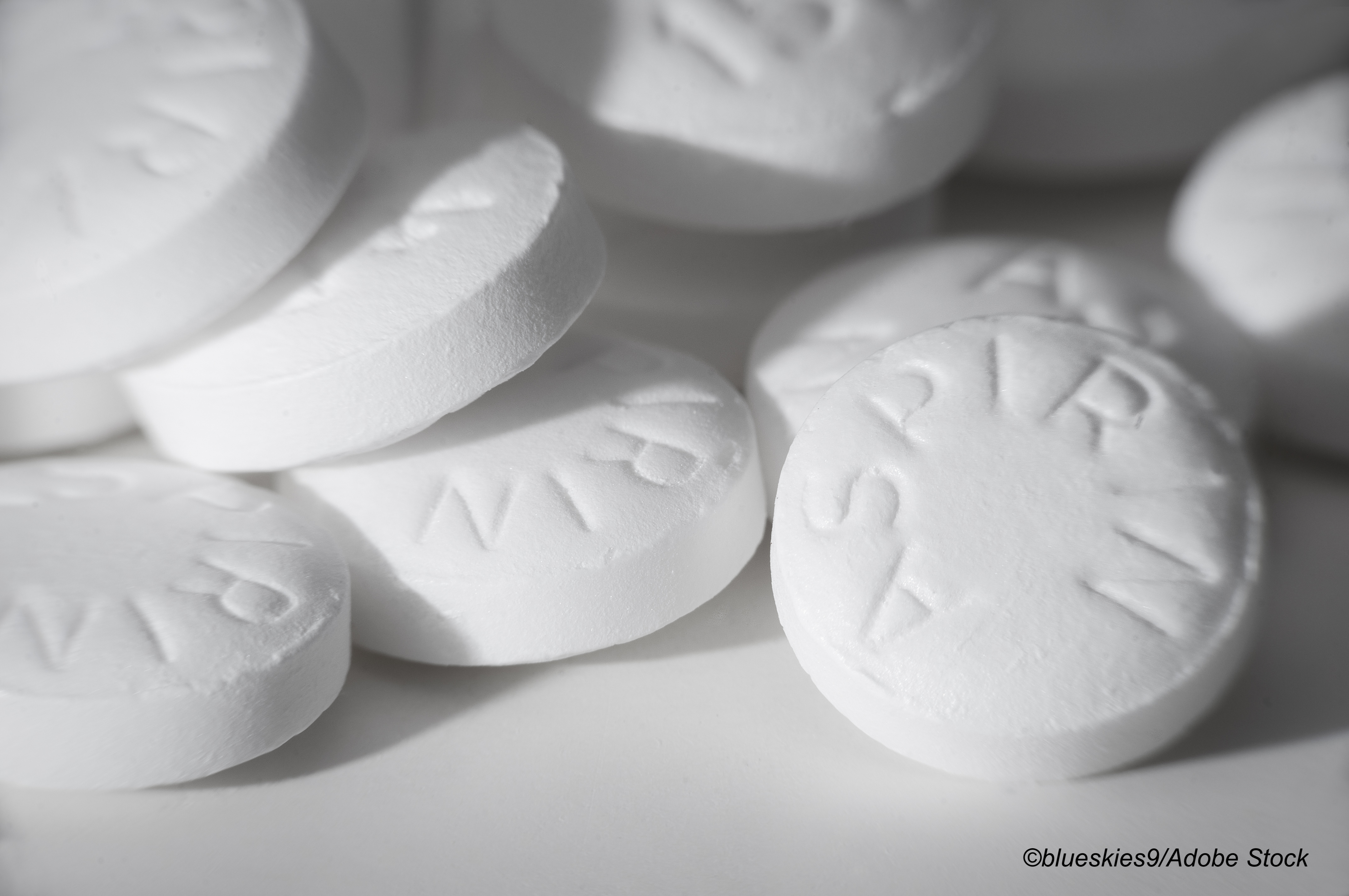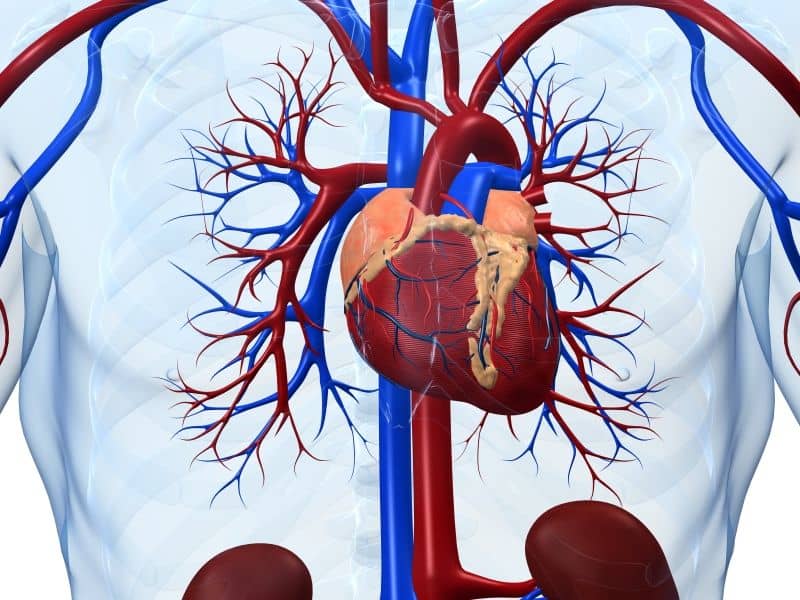
The United States Preventive Services Task Force (USPSTF) has issued a draft recommendation statement against the use of low-dose aspirin for the prevention of cardiovascular disease (CVD) in adults age 60 or older, which it says has no net benefit. However, the task force does recommend “with moderate certainty” that for adults ages 40-59 who have a 10% or greater 10-year CVD risk, low-dose aspirin does have a small net benefit. It also is no longer recommending the use of low-dose aspirin for the prevention of colorectal cancer (CRC).
The 2021 recommendation is as follows:
“The USPSTF recommends that the decision to initiate low-dose aspirin use for the primary prevention of CVD in adults ages 40 to 59 years who have a 10% or greater 10-year CVD risk should be an individual one, and recommends against initiating low-dose aspirin use for the primary prevention of CVD in adults age 60 years or older. Based on new analyses of the evidence from primary CVD prevention populations, longer-term followup data from the Women’s Health Study (WHS) (JE Buring, personal communication, Nov. 23, 2020), and new trial evidence, the USPSTF concluded that the evidence is inadequate that low-dose aspirin use reduces CRC incidence or mortality.”
These draft recommendations will be open for public comment until Nov. 8, 2021 at 11:59 p.m. EDT, and will replace the 2016 recommendations, which included use of low-dose aspirin for the prevention of CRC.
If finalized, the recommendation will replace the 2016 recommendation on aspirin use for the prevention of CVD and CRC:
“In 2016, the USPSTF recommended initiating low-dose aspirin use for the primary prevention of CVD and CRC in adults ages 50 to 59 years who have a 10% or greater 10-year CVD risk, are not at increased risk for bleeding, have a life expectancy of at least 10 years, and are willing to take low-dose aspirin daily for at least 10 years, and that the decision to initiate low-dose aspirin use in adults ages 60 to 69 years who have a 10% or greater 10-year CVD risk should be an individual one. The USPSTF found that the evidence was insufficient to assess the balance of benefits and harms of initiating aspirin use for the primary prevention of CVD and CRC in adults younger than age 50 years or adults age 70 years or older.”
The USPSTF outlined several research needs and gaps in its recommendation:
“More research is needed to evaluate the following.
- “More research is needed on the gastrointestinal bleeding risk associated with aspirin use in populations representative of the U.S. primary CVD prevention population.
- “More research is needed on improving the accuracy of CVD risk prediction in all racial and ethnic and socioeconomic groups.
- “More research is needed to characterize the distribution of patient preferences across the spectrum of cardiovascular risk after patients are informed about the benefits and harms of aspirin.
- “More research is needed on the effects of low-dose aspirin on CRC incidence and mortality over the long term (10 to 20 years and longer) in primary prevention populations, and in the context of current CRC screening practices.”
Candace Hoffmann, Managing Editor, BreakingMED™
Cat ID: 102
Topic ID: 74,102,730,102,914,16,188,23,935,142,192,925


